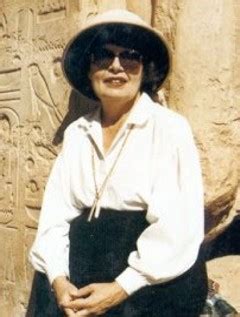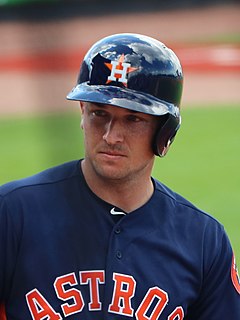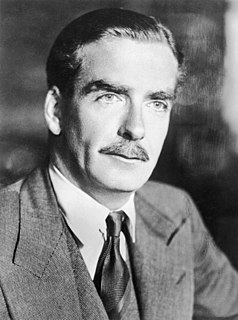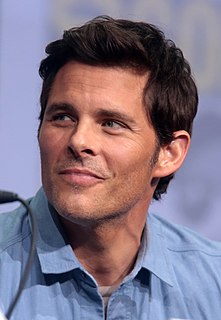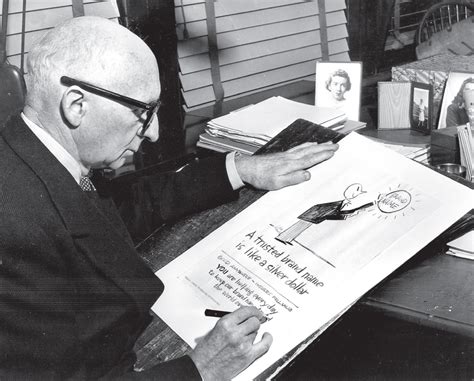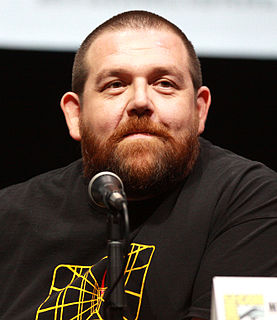A Quote by Barbara Mertz
I had refused Emerson's well-meant offers of assistance, knowing his efforts would be confined to moving the furniture to the wrong places and demanding how much longer the process would take.
Related Quotes
The interview process tests not what the applicant knows, but how well they can process tricky questions: If you wanted to figure out how many times on average you would have to flip the pages of the Manhattan phone book to find a specific name, how would you approach the problem? If a spider fell to the bottom of a 50-foot well, and each day climbed up 3 feet and slipped back 2, how many days would it take the spider to get out of the well? .
Well, it's not all the same, but there are a lot of parallels. I'm not sure how to answer [on psychology background], but I think when I was studying psychology I had a professor and a friend who would talk about "process" all the time. Your process, his process, the group's process. There's some carryover from that discussion to my creative work.
I always refused to give in if there was some argument with my father. Whether it was true or not, I refused to admit it and so often I would - well, tell lies, perhaps. I would either do that or change the story. Particularly if I felt that my father was being unjust, then I was very strongly motivated to not accept his ruling.
Jim had melodies as well as words. He didn't know how to play a chord on any instrument, but he had melodies in his head. To remember the lyrics he would think of melodies and then they would stay in his head. He had melodies and lyrics in his head, and he would sing them a cappella, and we would eke out the arrangements.
If we had allowed things to drift, everything would have gone from bad to worse. Nasser would have become a kind of Moslem Mussolini, and our friends in Iraq, Jordan, Saudi Arabia, and even Iran would gradually have been brought down. His efforts would have spread westwards, and Libya and North Africa would have been brought under his control.
I have always been good at auditioning, but maybe because I had a good trick at the beginning. I would pretend that my agent gave me the wrong scene or lines. They would take pity on me and hand me the right scene. I would act like I had never seen this before - and then do pretty well considering I had already rehearsed it.
When Luke had descended into the River Styx, he would've had to focus on something important that would hold him to his mortal life. Otherwise he would've dissolved. I had seen Annabeth, and I had a feeling he had too. He had pictured that scene Hestia showed me—of himself in the good old days with Thalia and Annabeth, when he promised they would be a family. Hurting Annabeth in battle had shocked him into remembering that promise. It had allowed his mortal conscience to take over again, and defeat Kronos. His weak spot—his Achilles heel—had saved us all
If I had my life to live over, I would try to make more mistakes. I would relax. I would be sillier than I have been this trip. I know of very few things that I would take seriously. I would be less hygienic. I would go more places. I would climb more mountains and swim more rivers. I would eat more ice cream and less spinach. I would have more actual troubles and fewer imaginary troubles.
We were not having any fun, he had recently begun pointing out. I would take exception (didn't we do this, didn't we do that) but I had also known what he meant. He meant doing things not because we were expected to do them or had always done them or should do them but because we wanted to do them. He meant wanting. He meant living.
I would teach how science works as much as I would teach what science knows. I would assert (given that essentially, everyone will learn to read) that science literacy is the most important kind of literacy they can take into the 21st century. I would undervalue grades based on knowing things and find ways to reward curiosity. In the end, it's the people who are curious who change the world.
If you think about it enough to have a really articulate answer, you're not doing it right. That's how I feel about art. If your thought process could take you to knowing exactly what you're doing and why, there would be no point in making the art. It would become like propaganda. It's more nebulous than that.
